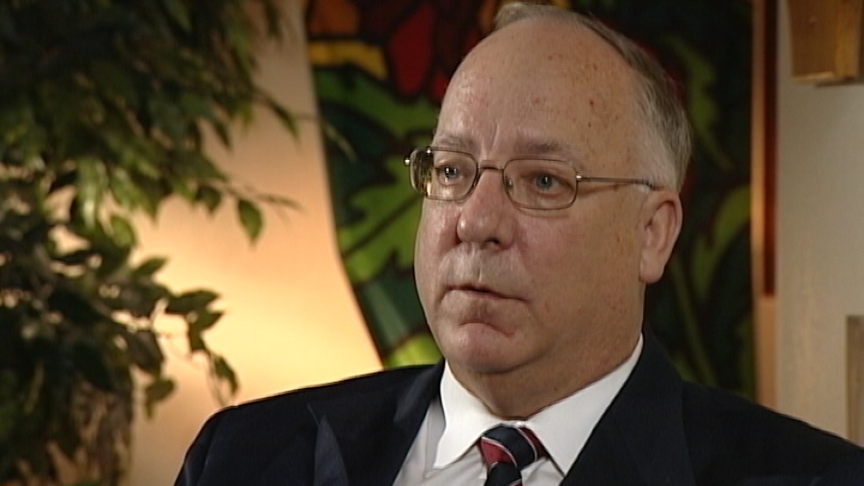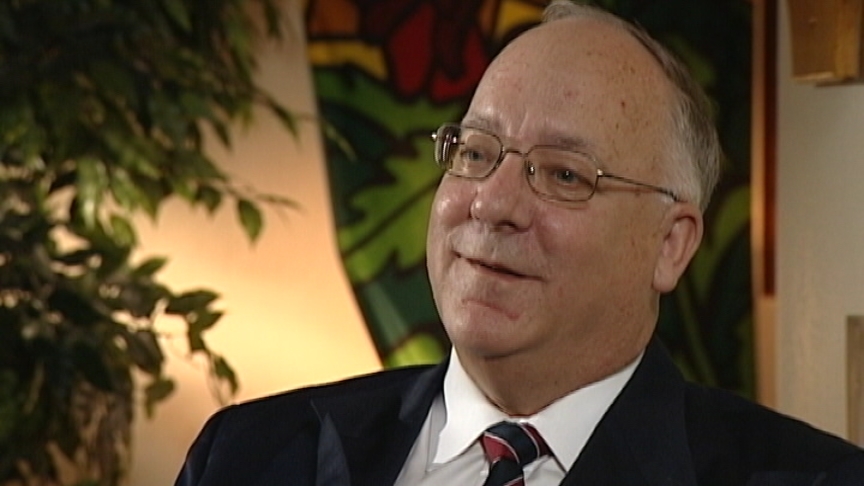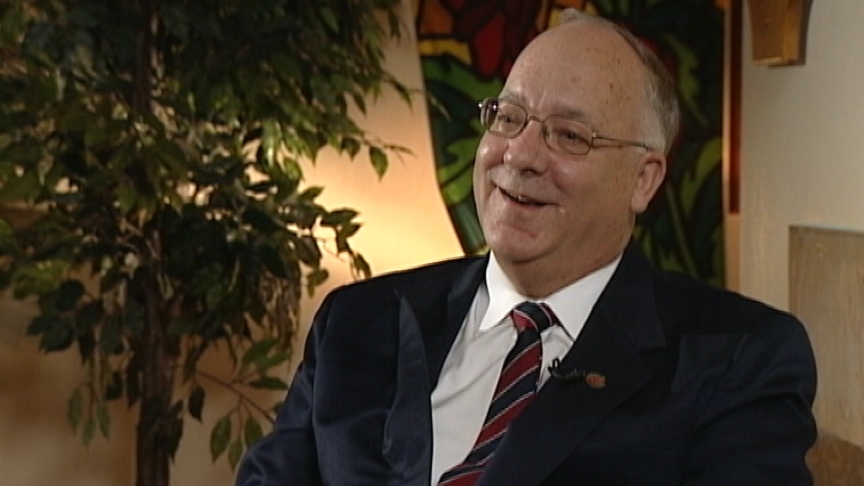UN vs NATO Operation
Heroes Remember
UN vs NATO Operation
Transcript
I didn’t find myself in a NATO operation until some years after
the United Nations operation in Cyprus. So I guess that I
operated at a different level really. So I wasn’t aware in
Cyprus of the very rudimentary command capabilities and support
capabilities of the United Nations for their deployed forces
so to speak. Of course, I found in NATO that there were huge
capabilities to support deployed forces and to command and
control those forces. That was the big difference.
Interviewer: Well can you help us, you know people watching this
tape and youngsters who might be studying UN and NATO, help us
understand those differences?
Well in Europe in the NATO operation there were, I’m
guessing, five hundred thousand deployed soldiers with a plan to
bring in another million to support them. Those plans were
all in place. There were five or six levels of headquarters
designed to execute those plans ... make them happen. There
were headquarters in each of the countries who were open twenty-
four hours a day waiting to help those deployed forces if
necessary. There was a continual re-jigging of the supply and
support concepts to make them better. In the United Nations
operations we were hard pressed to get a can of paint out of the
supply system. We were there – my battalion was the fourth, six
month group into Cyprus after the first war and we were living in
tents. So two years after the introduction of United Nations
forces we were still in tents. We did develop some corrugated
steel shacks when I was there. So the difference in the supply
system was radical. I understand in retrospect that if you phoned
United Nations headquarters in New York in 1966, you wouldn’t
have got anybody answering the phone after five o’clock. That’s
since been rectified, but those were the differences
with the two operations.
Description
Mr. Paterson talks about the differences between working for the UN vs NATO.
Tom Paterson
Mr. Paterson was born in Vancouver BC in 1943. At the age of six his family moved to Toronto, Ontario where he graduated from high school. After graduating from high school he went to the University of Ottawa to obtain his degree. Mr. Paterson joined the service in 1964 where he became a major and did peace keeping in Cyprus.
Meta Data
- Medium:
- Video
- Owner:
- Veterans Affairs Canada
- Duration:
- 3:15
- Person Interviewed:
- Tom Paterson
- War, Conflict or Mission:
- Canadian Armed Forces
- Location/Theatre:
- Cyprus
- Branch:
- Army
- Units/Ship:
- Infantry
- Rank:
- Major
- Occupation:
- Infantry Officer
Related Videos
- Date modified:





